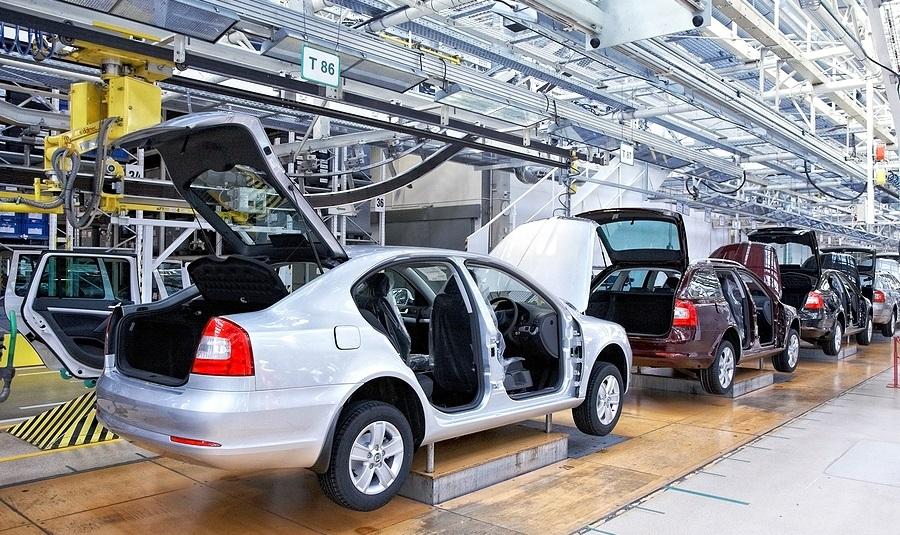Analysis

April 10, 2014
Auto Industry to Jump Start Aluminum Demand
Written by Sandy Williams
Alcoa CEO Klaus Kleinfeld is expecting great things for aluminum—“The opportunity in auto is tremendous,” he said in Alcoa’s first quarter conference call. Kleinfeld said he expects aluminum automotive sheet demand to top 1 million metric tons by 2025.
“We believe that the aluminum content in cars is going to quadruple very, very soon, basically until the next year and then going to grow tenfold [by 2025],” said Kleinfeld.
That means aluminum content per car will grow from 14 lbs in 2012 to 55 lbs in 2015, followed by an increase to 136 lbs per car by 2025.
Kleinfeld says there is reason to be excited if you look at the 700,000 Audi aluminum space frames that were sold in the last 20 years and compare that to 700,000 F-150s produced just last year.
“So this year, we have been opening a new chapter,” said Kleinfeld. “I would say that this is nothing short than historic. In January, at the Detroit Auto Show, this vehicle was launched by Ford, the F-150. And what is different here? It’s military-grade aluminum alloy in the body and the bed, 700 pounds lighter, accelerates, brakes, tows and resists corrosion like never before. And The New York Times even came out with a pretty raving review saying a stamped aluminum body can equal or outperform steel in overall strength, dent resistance and crash protection. I need not say more.”
To meet the increased auto production demand, Alcoa is building capacity. Its Davenport facility is online and Alcoa Tennessee will be ready in mid-2015. A facility in Saudia Arabia is due to start the first auto coil at the end of 2014. Kleinfeld says revenue for auto sheet was $229 million in 2013. With the new orders from Ford, and other anticipated automakers, revenue is expected to reach $330 million in 2014 and $580 million in 2015.
“But you really get the picture when the volume ramps up to $1.3 billion in 2018. So I hope you understand, looking at those slides, why we are very, very excited about the opportunity we are seeing here,” said Kleinfeld.
Low aluminum prices this year prompted Alcoa to cut 800,000 tons of smelting and focus instead on their value-added business in aerospace and automotive. Alcoa reported a net loss of $178 million in first quarter 2014 that include $276 million in restructuring charges.
Alcoa said aluminum demand will exceed production in 2014, creating a deficit for the first time in nearly a decade. Alcoa revised its January annual global demand forecast of a 106,000 ton surplus to a deficit of 730,000 metric tons.
SMU asked steel producers what they are doing to compete with aluminum’s forecasted growth in the auto industry. We received the following response from US Steel:
“U.S. Steel has made, and continues to make, significant investments into the automotive market. Last year we commissioned our Continuous Annealing Line at PRO-TEC Coating Company in Leipsic, Ohio, to provide advanced high strength and ultra high strength steels to the automotive market. The steels coming off of this line, as well as other products, are stronger, more formable and offer design solutions to manufacturers. Steel remains a material of choice for the automotive industry because of our ability to deliver products which ensure that manufacturers can continue to use their existing infrastructure to create safer, more fuel efficient vehicles now and into the future.”






